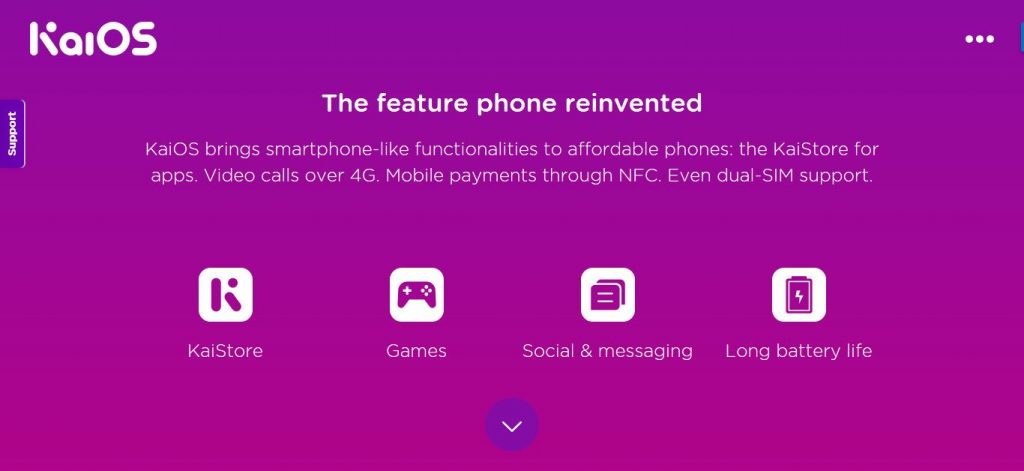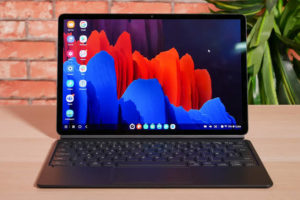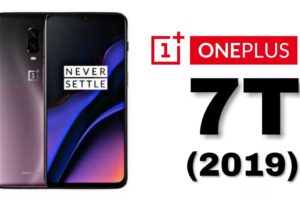With just how ubiquitous Android has become, it is hard to imagine that there is room for any other platform out there. Of course there is iOS which now stands at a rather impressive 20% market share. So other than these two, is there anything else out there really? I mean, this is a very unforgiving market. Don’t trust me, just ask Windows Phones, BlackBerry OS or Ubuntu Phones.
While these titans and squaring it out on the smartphone segment of the market, one player is slowly but surely curving a niche for itself in the feature-phone segment of the market. We all know what smartphones are, and although it seems like they’ve taken over the mobile phone market, it’s estimated only 30 percent of the world’s population owns one. That means 70 percent either doesn’t want one, can’t afford one, or is looking for an alternative.

Read More: Google is bringing its services to feature phones running KaiOS
History
KaiOS Technologies, the company behind KaiOS was founded in 2016. The OS aims to bridge the divide between the billions of people in emerging markets who still don’t have basic internet access, as well as those in more established markets that do.
KaiOS is based on HTML5 and strives to support a new category of lite phones and other IoT devices that require little memory and resources. This further works to cut down the cost while still offering the best features possible.
Features
Devices that run KaiOS boast of an easy-to-use UI for devices that don’t have touchscreens. These devices also support 4G-LTE, Wi-Fi, GPS, NFC among many other connectivity options available on smartphones.
These devices also support third-party applications, just like iOS and Android. Understandably, at the moment the list of supported apps might not be as robust as on the more established players but you can get popular apps from the likes of Google and Facebook.
So why is KaiOS a thing anyway? As mentioned earlier, it is estimated that only 30 percent of the world’s population owns one. That means 70 percent either doesn’t want one, can’t afford one, or is looking for an alternative. By focusing on this segment of the market, KaiOS has a lot of potential, especially in Asia and Africa. Already, Google has invested in KaiOS. This means Google’s apps are officially supported on KaiOS. If this young OS keeps at it, there really is no limit to what they can achieve.
Source: KaiOS Tech
Discover more from Dignited
Subscribe to get the latest posts sent to your email.












